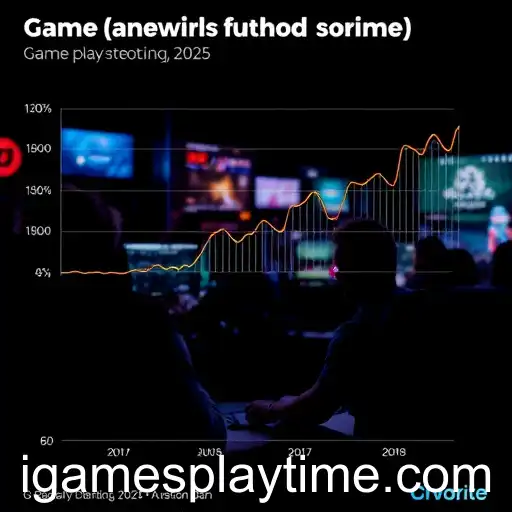
An in-depth look at the changing landscape of game playtime in 2025, influenced by evolving technology and player preferences.
The landscape of game playtime has evolved dramatically in 2025, with significant shifts in player behavior, technological advancements, and game design principles that are reshaping the industry. As gamers continue to adapt to a rapidly changing digital environment, they find themselves engaging with games in new and exciting ways.
One of the most notable trends in game playtime this year is the rise of immersive virtual reality experiences. With the advancements in VR technology, more players are exploring vast, interactive worlds where they can lose themselves for hours at a time. These experiences are not only lengthening individual gaming sessions but also changing how developers approach game design, focusing on crafting expansive, detailed environments.
Moreover, the popularity of online multiplayer games remains steadfast. Titles such as "Realm Conquest" and "Galaxy Teams" have become cultural phenomena, drawing millions into their competitive arenas. The demand for such games has increased playtime as players participate in global tournaments and collaborate in expansive gaming communities. With cross-platform support continuing to expand, gamers can now challenge friends across different devices, further increasing engagement levels.
Another factor influencing game playtime is the growing prominence of live-service games. These games, which include regularly released updates and content expansions, continuously entice players back into their digital worlds. Developers like Nexon and Ubisoft lead the way, ensuring that each content drop aligns with player expectations, thus maintaining steady player retention.
In addition to these trends, game developers are also paying close attention to player wellness, promoting tools that encourage healthy gaming habits. Built-in reminders to take breaks and features that help track time spent in-game are becoming standard practice in many titles, aiming to balance playtime with other life commitments.
As we move deeper into 2025, the dynamics of game playtime will continue to be shaped by these and other emerging trends, offering both challenges and opportunities for developers and players alike. With more innovations on the horizon, the gaming landscape is poised for even more transformative changes. The future promises to be an exciting journey for everyone involved in the gaming community.




